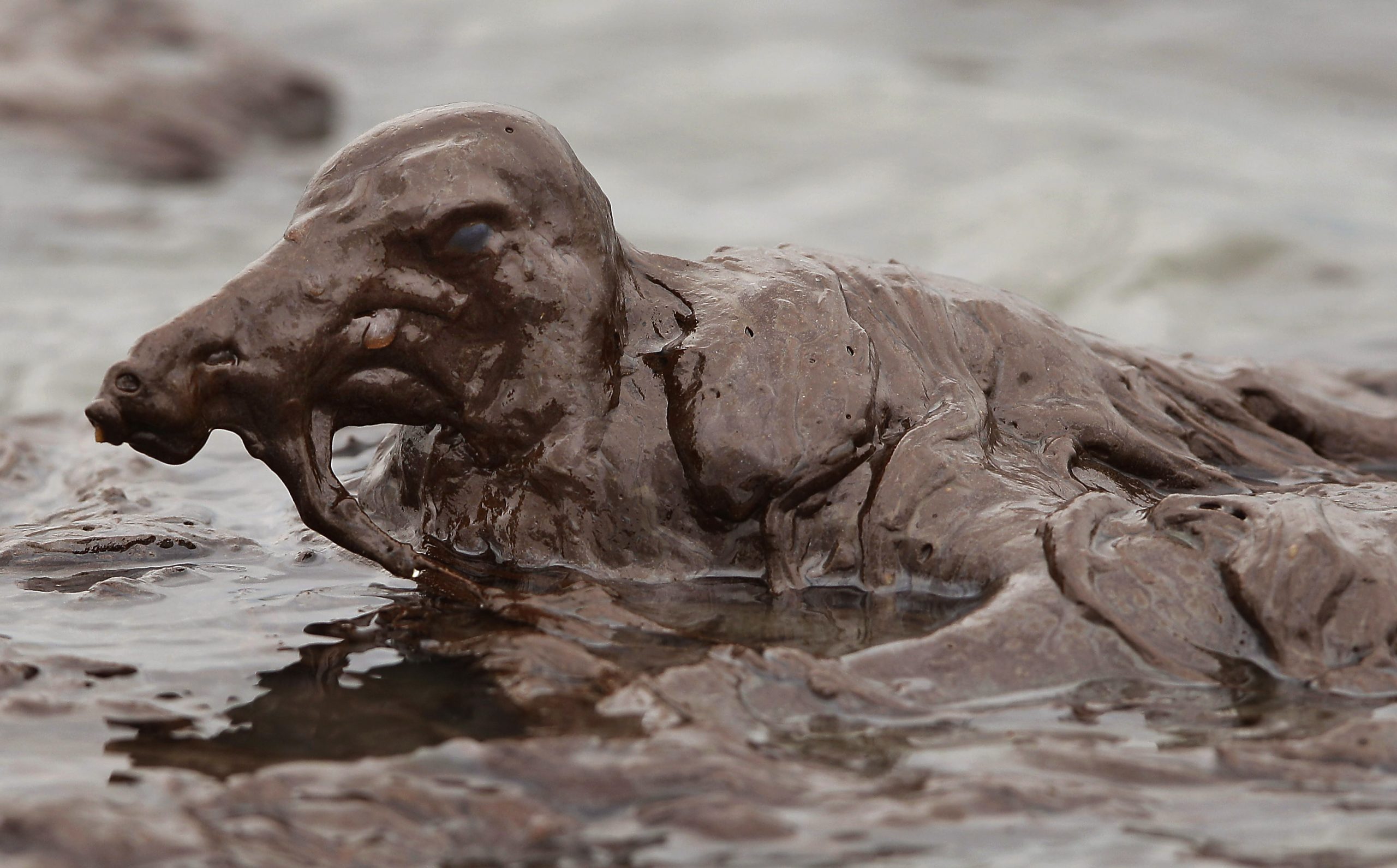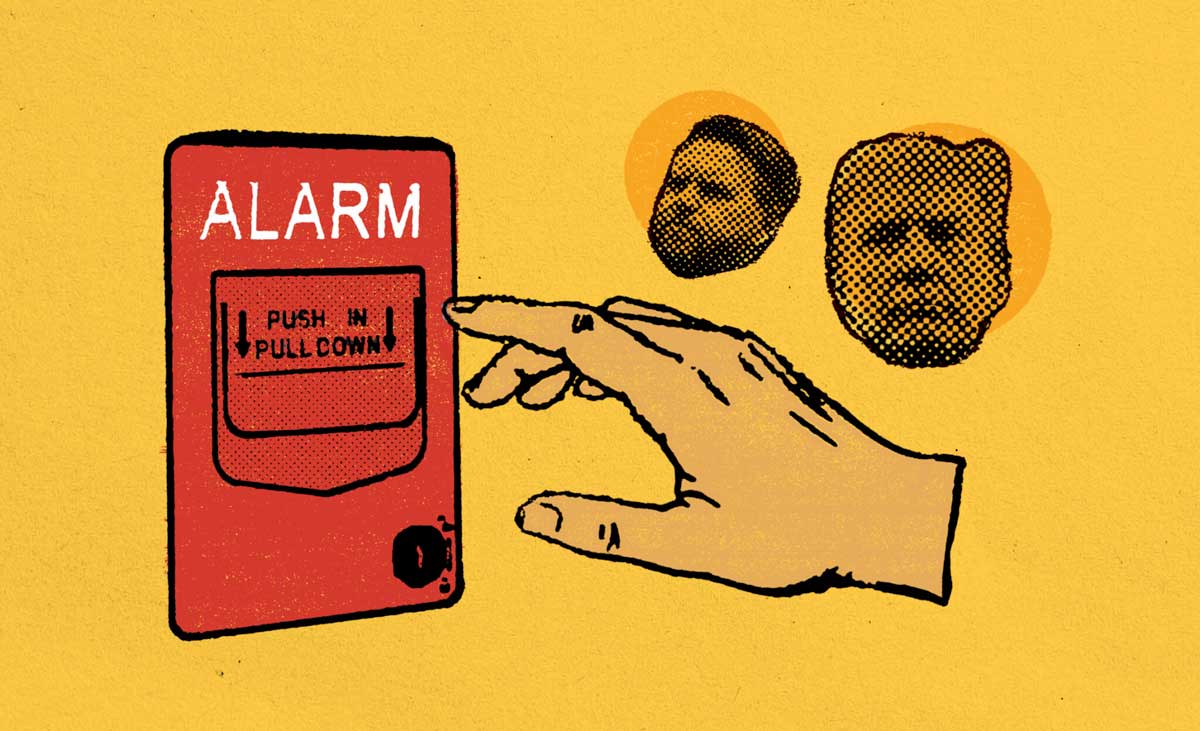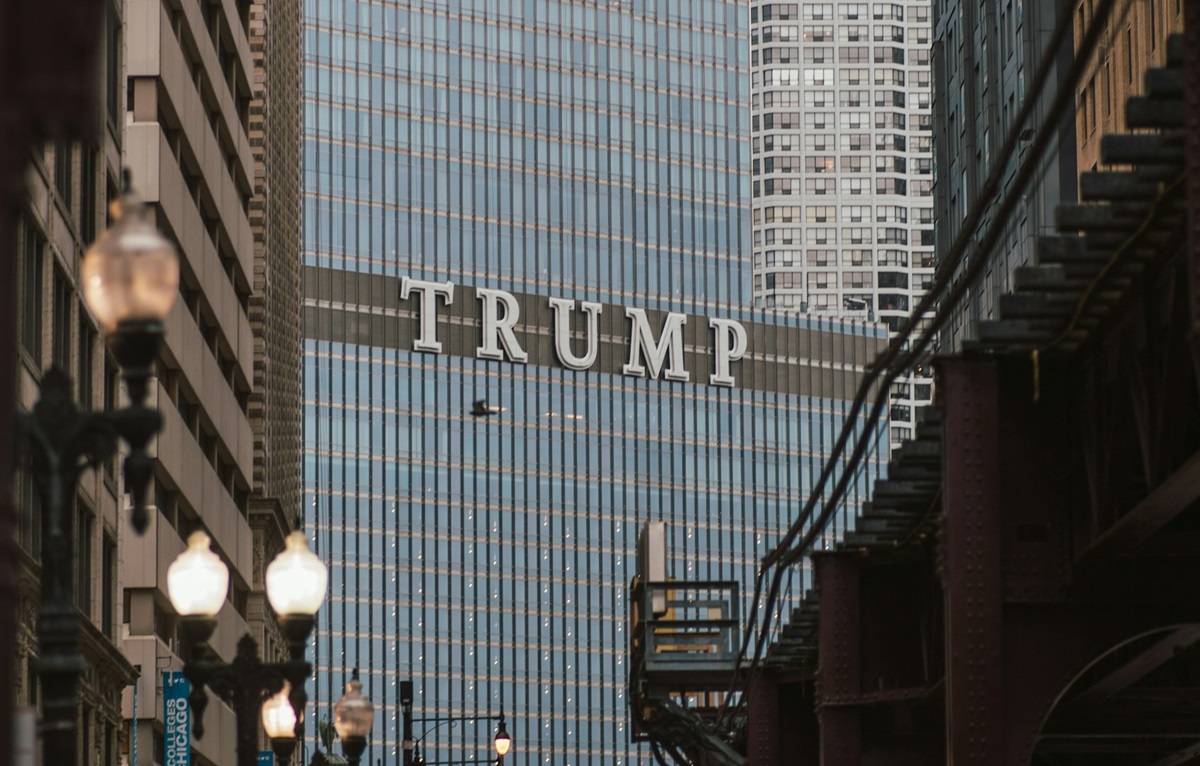Filed under: Analysis, Capitalism, Civilization, Critique, Environment, The State, US

The world awoke to the news on Thursday that President Donald Trump announced his intention to withdraw the United States from the COP 21/Paris Climate Accords.
Environmentalists and the environmentally-conscious everywhere are reacting with horror and panic, as are politicians and leaders of many of the largest industrialized nations. The governors of several states within the US announced they will still voluntarily partake in the accord, the mayors of Montreal, Paris, Mexico City and many other massive metropolitan areas ordered official buildings to be lit green in defiance:
Paris, Montréal, Mexico & New York aux couleurs du Climat. Plus que jamais unies, les villes sont prêtes à relever le défi #Cities4Climate pic.twitter.com/5xJl1TqI9j
— C40 Cities (@c40cities) June 2, 2017
Climate change is a catastrophic problem. Already thousands of species go extinct each year, islands flood, entire ecosystems die off, and disruptions of long-term weather patterns are causing famine, resource wars, and death. Many saw the agreements reached during the Paris COP 21 summit as the last best hope humanity had of slowing and finally stopping the damage. So the withdrawal by the United States, the nation with the second highest carbon output in the world (behind China, whose per-capita emissions are less than half those of the US), seems deeply catastrophic.
It is catastrophic, yes.
But not for the reasons we might think.
Waste Management
Climate change occurs through human activity. “Greenhouse gas emissions” (primarily CO2 and methane) are the product of burning fossil fuels like oil and coal through automobiles (and other transport), industrial production (everything from toilet paper to ‘smartphones,’), and all the activities which go into sustaining modern civilization (including the data servers hosting this essay).
To put this as plainly as possible, all our economic activity produces carbon in the same way that everything we eat produces shit. The more we eat, the more we defecate, and all that left-over needs to go somewhere. Those emissions go into the air.
Emissions are the primary problem, but other activity speeds up the process. Deforestation, for instance, decreases the ability of nature to ‘sink’ carbon: each tree, each plant, and each of us is composed of carbon, and our very existence locks carbon out of the atmosphere until we decompose and release it again. Plants, trees, and plankton are much better at this than animal life: when we replace plant-life with asphalt and forests with agricultural land, we speed the carbon output cycle while reducing the ability of the earth to ‘fix’ carbon out of the air.
Likewise, pollution, soil erosion, development, and the damming of rivers decreases the ability of the earth both to absorb carbon output as well as magnifying the effects of climate change. In Florida and Louisiana, for instance, much swampland has been drained to make way for new housing developments and industry. Swamps hold intense rainfall better than any other bio-region, so with the increasing hurricanes caused by climate change, flood-damage, pollution run-off, and erosion are amplified, weakening other linked ecosystems such as the Gulf of Mexico as well.
To pick up the fecal metaphor again, it’s like all septic tanks are full and overflowing, the sewage treatment plants over-capacity, and the overflow is leaking everywhere, polluting everything else.
This process of cascading damage is repeated in every bio-region in the industrialised world. Not just industrialised regions, either: some of the countries with the least damaging economic activity, who have contributed only a tiny fraction to the carbon output of the world, suffer the most damage. Nauru, and other tiny Pacific island nations, are sinking under the rising ocean levels caused by the melting ice-caps. Caribbean islands such as Haiti (per-capita yearly income $800 US, rank 123/141 in per capita carbon emissions) see relentless death from stronger and stronger hurricanes.
Industrialised nations tend to be more resilient against these changes, precisely because they are richer. But there’s a paradox here: the wealth they have that helps them recover from and accommodate to climate change was gained from the very activity which caused climate change in the first place.
With all this in mind, the goals of the COP 21/Paris agreement seem both sound and charitable:
“The deal requires any country that ratifies it to act to stem its greenhouse gas emissions in the coming century, with the goal of peaking greenhouse gas emissions “as soon as possible” and continuing the reductions as the century progresses. Countries will aim to keep global temperatures from rising more than 2°C (3.6°F) by 2100 with an ideal target of keeping temperature rise below 1.5°C (2.7°F).
The deal will also encourage trillions of dollars of capital to be spent adapting to the effects of climate change—including infrastructure like sea walls and programs to deal with poor soil— and developing renewable energy sources like solar and wind power. The text of the agreement includes a provision requiring developed countries to send $100 billion annually to their developing counterparts beginning in 2020. That figure will be a “floor” that is expected to increase with time.
The agreement gives countries considerable leeway in determining how to cut their emissions but mandates that they report transparently on those efforts. Every five years nations will be required to assess their progress towards meeting their climate commitments and submit new plans to strengthen them.”
Investing $100 billion dollars annually to undeveloped nations (such as Haiti and Nauru) to help them accommodate to climate change seemed to be a significant start, especially since it would represent the beginnings of a transfer of wealth from the countries most responsible for the damage to those least responsible. Without such aid, many people may die.
We can also read that provision as: “sorry we are making money by dumping our shit in your water supply. Have some of the money to help clean it up.”
This humanitarian element of the agreement is the part which seemed most ‘radical,’ a proof that the wealthy nations of the world were serious about being sorry for what they’d done. Thus the United States’ decision to no longer participate seems particularly malevolent.
“As Soon As Possible”
Read the above summary of the agreement again. Did you happen to catch the words in quotes? (If not, they’re in this subheading.)
One of the two greatest problems with the Paris accords is that no specific timeline is outlined for the reduction of carbon output, or even the ‘peaking’ of greenhouse gas emissions. That is, there’s no regulatory or binding aspect to the agreement and no promises made as to when the industrialized countries in the world will stop increasing their output, let alone reducing it.
Instead, signatories agreed to stop increasing carbon pollution ‘as soon as possible,’ which is about as meaningful as an abuser telling you he’ll stop hitting you “when I’m done.”
The other targets (keeping global warming below 2°C/3.6°F and ideally below 1.5°C/2.7°F) are just as nebulous, and set to a future date so far away that it is guaranteed not a single person who negotiated the agreement will be alive to answer to their failure: the year 2100.
Climate agreements often suffer from an overdose of Realpolitik, the idea that while certain ideals are worth striving for, we must be pragmatic. Make the agreements too ambitious and (the reasoning goes) no countries will sign to them. Make them binding, with economic penalties for those who cheat, and no leader who agreed would ever get re-elected.
That pragmatism, however, conceals something more insidious, what is rarely spoken of by liberals (who often spearhead such agreements) or even leftists: climate change is not merely some global problem to be managed by the governments of the world, but the very result of the global economic systems by which those governments exist in the first place.
The High Cost of Living
Capitalist expansion, Liberal Democracy, and the increasing availability of technology to help humanity live longer, communicate over vast distances, and have access to the products of far-flung lands at any time of the year have come with the mass extinction of species, deforestation, melting ice-caps, polluted water supplies, and all the other cascading cycles of damage we call “Climate Change.”
We have smartphones and the internet, personal automobiles and life-saving pharmaceuticals, plastics and global travel, social media and strawberries in winter. We also have flooding islands, eroded top soils, resource wars and super-storms. These are not separate aspects of modern existence; they come by means of the very same thing, and the former produces the latter.
Again with the toilet metaphor: the ‘progress’ which we embrace is the food we eat; the climate destruction the Paris Accords promised to address is the shit that comes after.
That is, the agreement which Trump endangered by withdrawing the United States from its provisions was a sham in the first place, a dazzling illusion meant to assure the billions of humans upon the planet that we could continue on our present course of “progress” and not die from rising temperatures and oceans.
Thus we should not see the United States’ withdrawal from the Paris Accords as a blow to the planet. Rather, it is a crippling wound to Liberal Democratic global capitalism. COP 21 represented the last hope for those who wanted to eat their cake and not see the shit too, but it was no hope at all. The United States pulling out is the final blow to the Liberal Democratic promise that both Capitalism and humanity can continue together.
And anyway: voluntary reductions ‘as soon as possible’ with nebulous targets negotiated by people who will be long dead by the time anyone could judge their failure or success? That was not a plan, it was a hoax.
We know what causes climate change. We know the connection between our economic system and the CO2 it shits out into the atmosphere. We know that our entire ‘way of life,’ our religious faith in progress, and endless capitalist expansion is killing us, and it will kill the poorest people of the world first. And more than anything, we know that the only way to stop it is to pull the emergency brake on the capitalist train hurtling us into destruction.
It’s time to pull that brake. We cannot rely on governments and corporations to do the right thing, nor can we afford to delude ourselves that there is another way to stop the destruction of the natural world.
It’s time we stop putting our hope in climate agreements, and become the climate revolt.
 Rhyd Wildermuth
Rhyd Wildermuth
Rhyd is the managing editor and a co-founder of Gods&Radicals. He is a poet, a writer, a theorist, and a pretty decent chef. He can be supported on Patreon, and his other work can be found at Paganarch, and shirtless selfies occasionally seen on his Facebook and also his Instagram.






